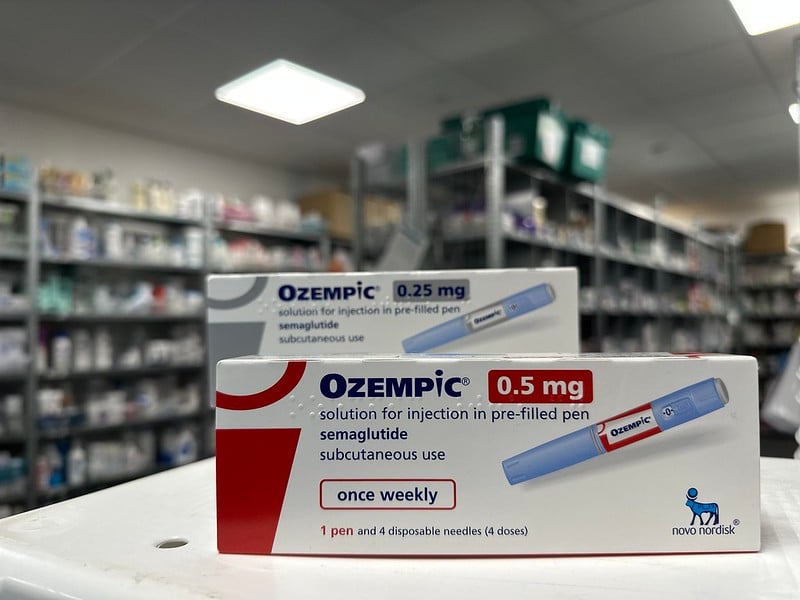New research reveals that popular weight-loss drugs might do more than help people shed pounds – they could reduce the risk of obesity-related cancers by 41%.
A breakthrough study of 6,000 adults found that first-generation weight-loss injections like Saxenda, Byetta, and Trulicity worked just as well as weight-loss surgery in preventing cancer, despite patients losing less weight with the medications.
“We found these medications to be 41% more effective at preventing obesity-related cancer,” says Dr. Yael Wolff Sagy from Clalit Health Services in Tel-Aviv. “The benefits go beyond just losing weight.”
The medications, known as GLP-1 receptor agonists, showed impressive results in reducing various cancer risks:
- Up to 65% lower risk of gallbladder cancer
- Up to 59% lower risk of pancreatic cancer
- Up to 53% lower risk of liver cancer
- Up to 46% lower risk of colorectal cancer
- Up to 48% lower risk of ovarian cancer
These findings matter because obesity is currently the second biggest cause of cancer in the UK, causing more than one in 20 cancer cases.
Professor Mark Lawler, a cancer research expert from Queen’s University Belfast, calls the results “very exciting” but notes more research is needed. “These drugs could prevent multiple common cancers including breast and colorectal cancer, as well as hard-to-treat cancers like pancreatic and ovarian cancer.”
The drugs work by copying a natural hormone that makes people feel full longer and controls blood sugar. But scientists think they also fight cancer by reducing inflammation in the body.
Similar Posts
A team of 54 international experts are now pushing for large-scale trials of these drugs specifically for cancer prevention. The University of Manchester, backed by Cancer Research UK, plans to start a major trial with tens of thousands of patients in the next three to five years.
In related findings, newer versions of these drugs show even more promise. A recent study found that patients taking Mounjaro lost about 20.2% of their body weight, compared to 13.7% with Wegovy.
Professor Jason Halford from Leeds University suggests these medications could help cancer patients too. “Weight management in people recently diagnosed with cancer is crucial for better outcomes,” he notes.
Dr. Matthew Harris from the Manchester Cancer Research Centre sees broader potential: “These drugs provide remarkable weight loss results and could work on a population-wide scale – something we haven’t achieved before.”

While the results are promising, scientists emphasize the need for more research to fully understand how these drugs work and to confirm their long-term safety. The current findings come from observational studies, which show connections but don’t prove direct cause and effect.
The NHS is currently considering making these weight-loss drugs available through pharmacies, though waiting lists for some medications like Wegovy can stretch up to two years.


















